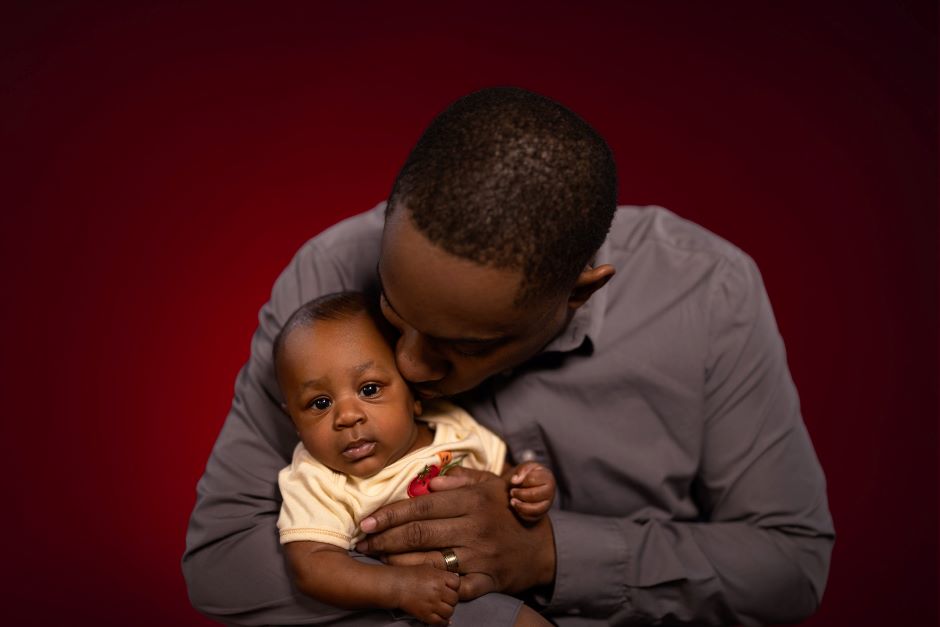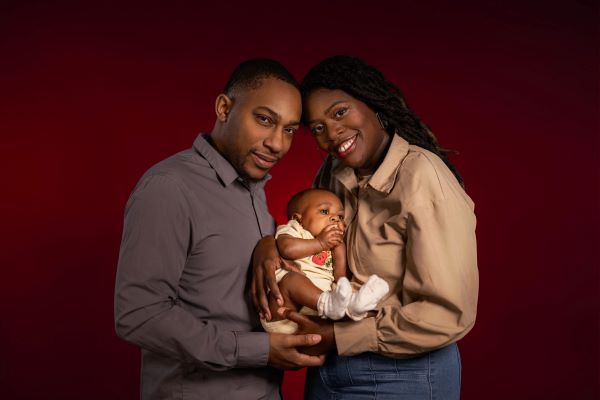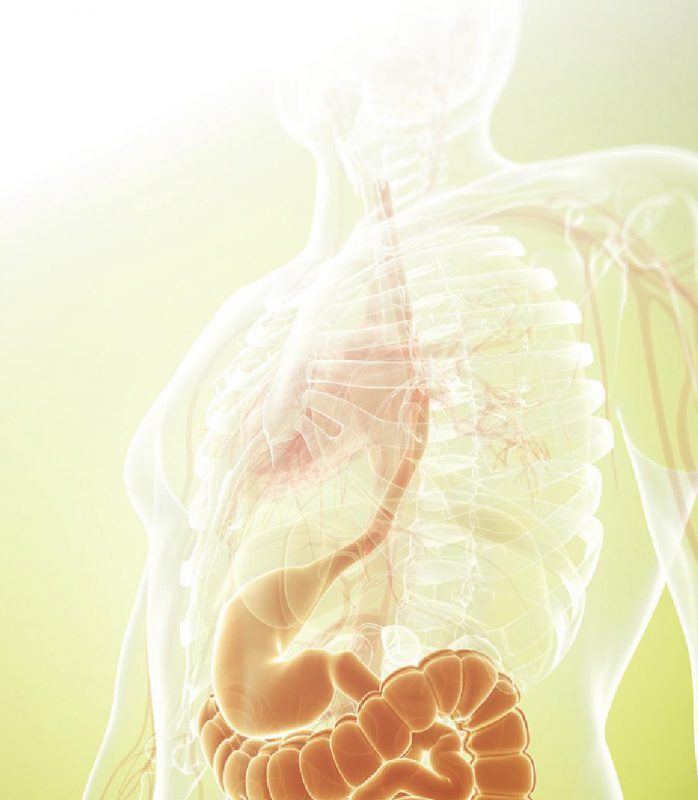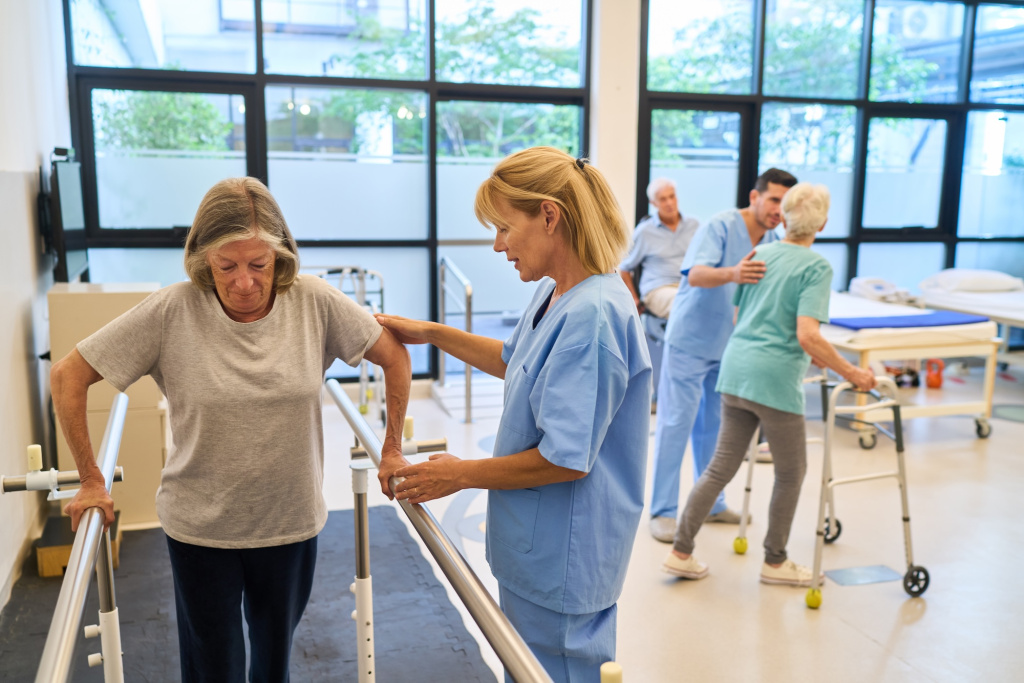
[By Benjamin Pinzer, MHA, BSN, RN, RNC-MNN, Director of Maternity & Newborn Services for St. Peter’s Health Partners Acute Care.]
To all the dads out there, St. Peter’s Health Partners would like to wish you a very happy Father’s Day this weekend! Parenting is a tough but rewarding job, so we hope you get some time to relax and enjoy the day with family and friends.
For expectant fathers – whether it is your first child or your fifth – it is interesting to think about how the birthing experience has changed over generations. The times are long gone when expectant fathers would pace the waiting room at the hospital, wait anxiously for news from the delivery room, and then hand out cigars once he had been declared a new dad.
Today, most dads actively support their partner throughout the pregnancy and most are present in the delivery room during the birth. The World Health Organization reports that individuals who have continuous support during childbirth, including encouragement from their primary partner, tend to have easier deliveries with improved health outcomes for the baby.
In celebration of Father’s Day, here are some tips for the new dads-to-be:
- Early pregnancy (up to 14 weeks): Pregnancy is different for everyone. Some early signs may include nausea, extreme fatigue, and sensitivity to odors and light-headedness. This is a great time to help your pregnant partner by shouldering more of the household chores and being available for appointments.
- Middle period (weeks 14-28): Your partner will begin to feel the baby move and the reality that your lives are about to change really hits. This is a great time to start a journal to capture your feelings.
- Late pregnancy (weeks 29-40): The mom-to-be is likely uncomfortable, as her body prepares for birth. It’s normal for both parents to be both excited and fearful. You will be able to feel the baby’s kicks through your partner’s abdomen.
When the grand day arrives and labor begins, it’s time to go into super support mode. Movement is an important part of a healthy labor, so you can assist your partner by lending stability during walks, assisting with stretches, or helping them change position. You can also help by timing your partner’s contractions and helping with breathing techniques.
Taking the baby home marks a new chapter. During this postpartum period (about six weeks), creating a welcoming, stable environment for family bonding is where you can really step up. Be in tune for cues that can signal serious postpartum depression and be ready to get your partner the medical assistance she may need.
St. Peter’s Health Partners offers patient-centered care that allows you to birth your baby in a warm and home-like atmosphere with the comfort of knowing you and your baby will be cared for by board-certified obstetricians or midwives, whichever you choose, alongside our expert nurses and doulas. Expectant families can choose between St. Peter’s Hospital in Albany and Burdett Birth Center at Samaritan Hospital in Troy.
If you or someone you know is pregnant and looking to learn more about doulas and other supportive birthing services offered at St. Peter’s Health Partners, talk to your provider or visit Maternity Care | St. Peter’s Health Partners | Albany, NY.






